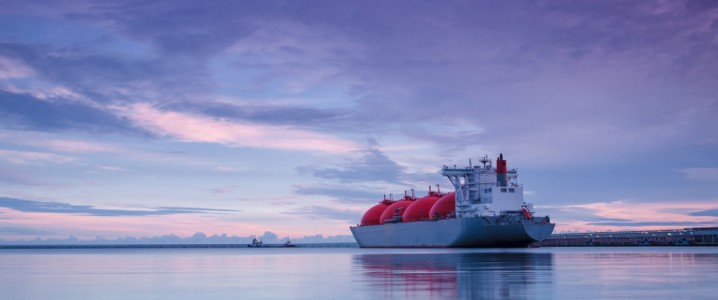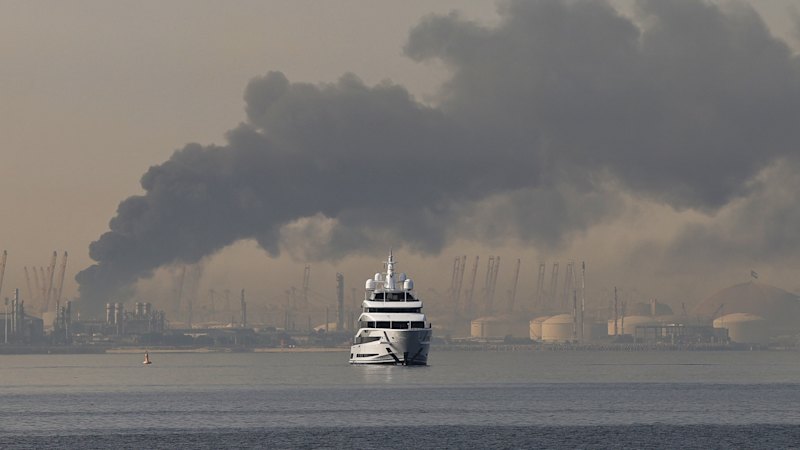
German energy traders are increasingly looking towards Canadian liquefied natural gas (LNG) to enhance their supply through strategic swap deals. This development was highlighted by Canada’s Natural Resources Minister, Tim Hodgson, earlier this week. He noted that many German companies are keen to engage in trading Canadian LNG on the global market, allowing them to utilize Canadian production to meet their energy needs in the Atlantic.
According to Hodgson, “They can take advantage of our production on the West Coast to supply German needs in the Atlantic,” facilitating the sale of Canadian cargoes on the spot market while purchasing cheaper LNG for delivery to Germany. This shift comes after the previous government, led by Justin Trudeau, expressed skepticism about the viability of LNG projects in Canada during a visit from former German Chancellor Olaf Scholz. At that time, Scholz was seeking alternatives to Russian pipeline gas, but the Trudeau administration concluded there was no sufficient business case for Canadian LNG.
The current government, however, has adopted a different approach. Hodgson stated, “The previous government made its decision based on the situation at the time. What we’ve been elected to do is respond to the realities today, taking into account what Canadians expect of us.”
Canada’s only operational LNG facility, LNG Canada, is located in Kitimat, British Columbia. The plant commenced its first sales in June, with an initial production capacity of 5.6 million tons per year. Plans are in place to expand this capacity to 14 million tons as additional facilities are completed.
The $40 billion project is backed by major industry players, including Shell, Petronas, PetroChina, Mitsubishi, and Kogas. LNG Canada aims to redirect a significant portion of Canadian gas exports, which have primarily been sent to the United States, towards international markets.
While the geographical proximity makes Asia the most logical market for LNG Canada’s products, the well-established global spot market for liquefied gas opens doors for negotiations with German energy firms. Although spot-market LNG prices may not match those of pipeline gas, the arrangement could alleviate some of the soaring energy costs in Germany, which is currently grappling with economic challenges.
As global energy dynamics shift, the collaboration between Canadian producers and German traders may play a crucial role in reshaping the international energy landscape.







